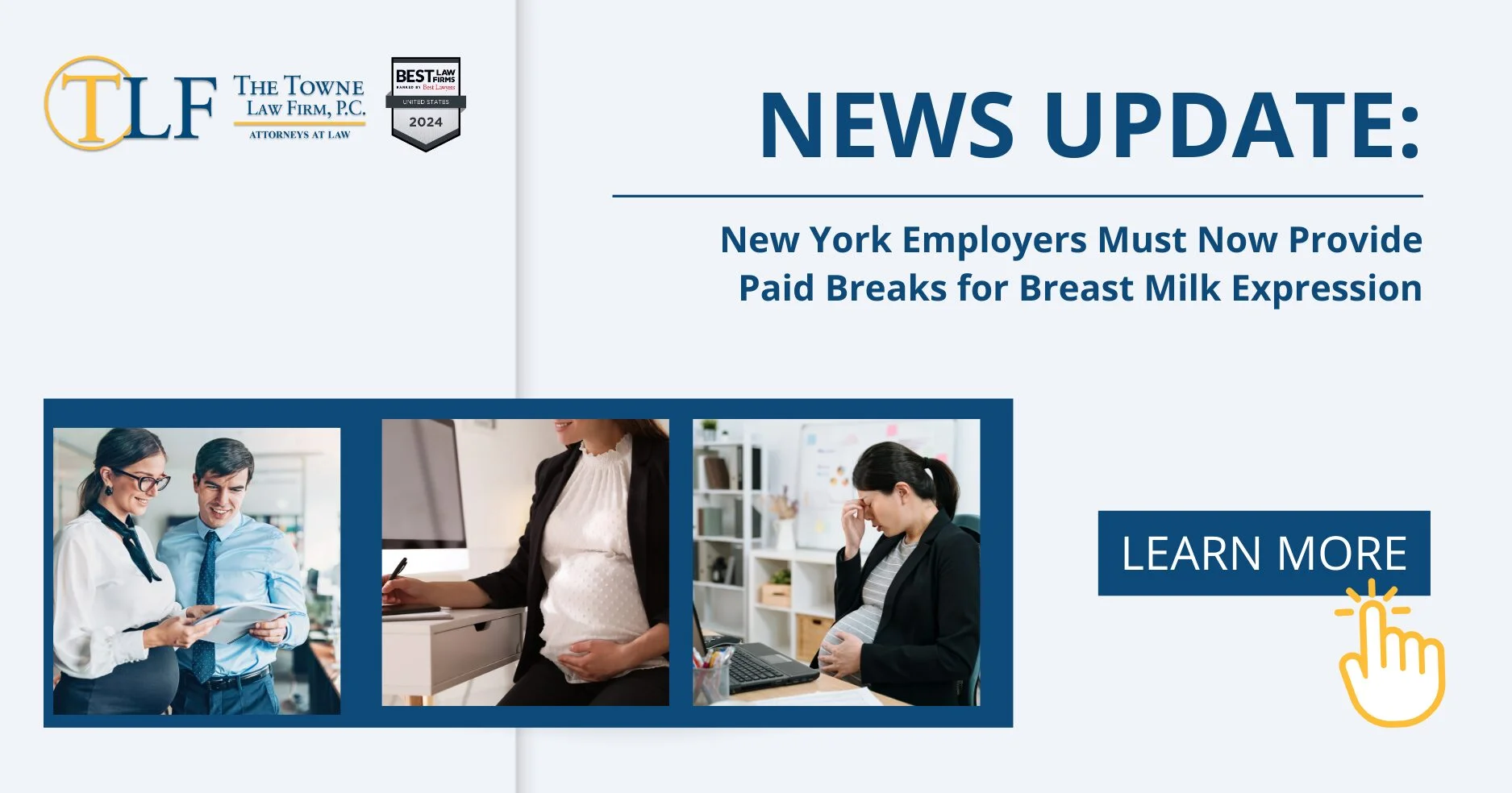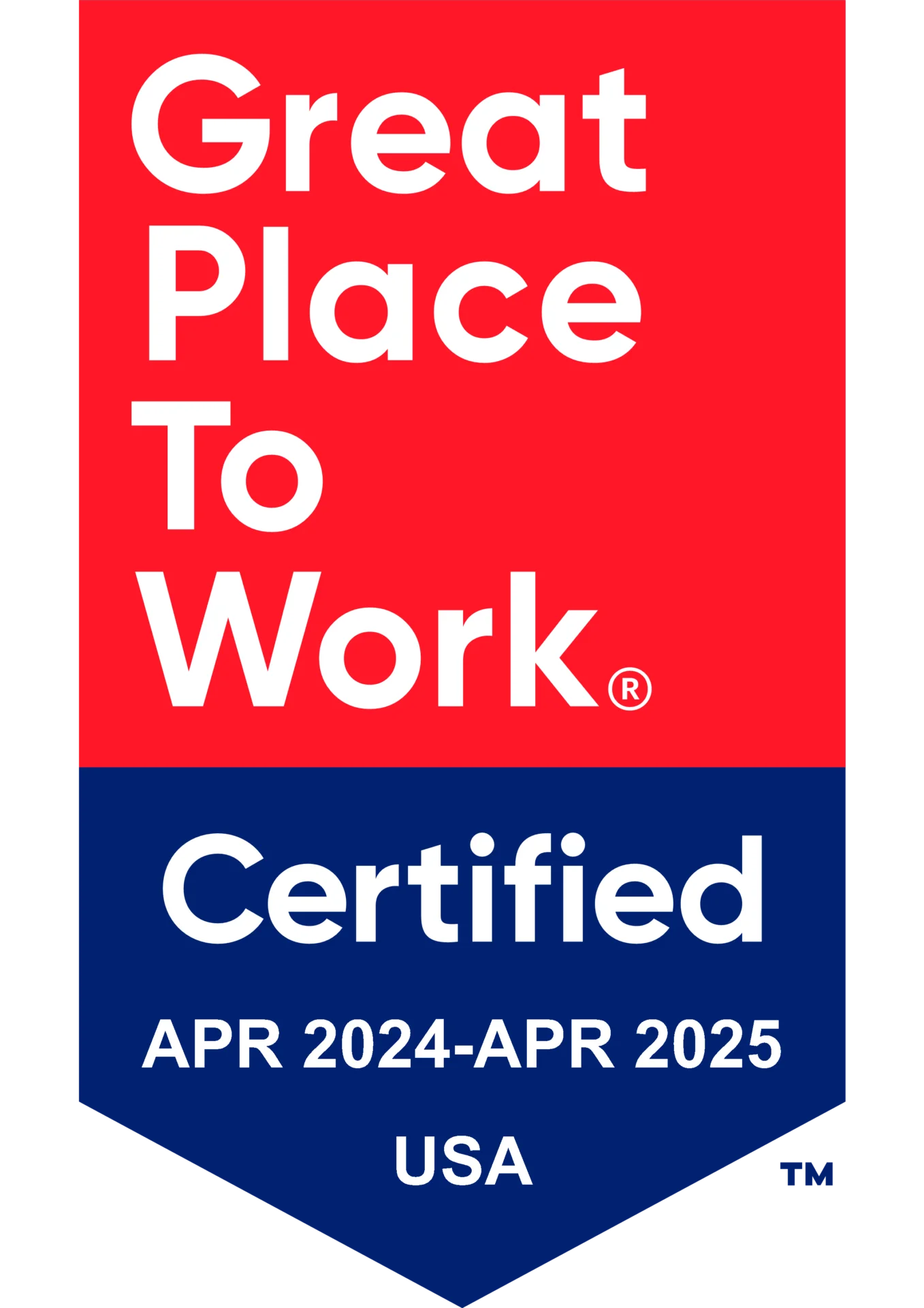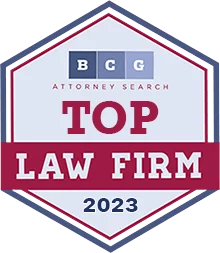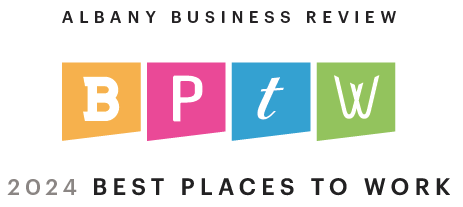New York Employers Must Now Provide Paid Breaks for Breast Milk Expression
Jun 28, 2024ALBANY, NY | In April of this year, Section 206-c of the New York State Labor Law was updated to include mandated paid lactation breaks. This amended Section 206-c became effective June 19, and covers all public and private employers in New York State regardless of the size or the nature of their business. In addition to NYS law, employers must also comply with federal guidelines set forth under the Fair Labor Standards Act (FLSA)¹—including the Pregnant Workers Fairness Act (PWFA) and the recently enacted PUMP for Nursing Mothers Act (PUMP Act).² However, any provision of Section 206-c that provides greater protections to employees is not preempted by federal law. See 29 U.S.C. § 218d(h)(1). This newsletter highlights the important changes that New York State employers should be aware of to remain compliant with NYS and federal law. The Towne Law Firm’s seasoned Labor & Employment Attorneys are well equipped to help NY Employers navigate these latest changes.
The amended Section 206-c now requires all NYS employers to provide paid break time to employees who desire to express breast milk in the workplace for 30 minutes and, additionally, allow the employee to use existing break time for pump time in excess of 30 minutes. Previously, the law only required employers to provide “reasonable unpaid break time” for their employees to express breast milk. Employees wishing to express breast milk for a nursing child are entitled to this benefit “each time such employee has reasonable need to express breast milk.” Consistent with the policy published by the NYS Department of Labor (DOL), employees may be able to take more than one paid 30-minute break per day to express breast milk.³ Refusal by an employer to allow an employee their right to express breast milk is considered a legally discriminatory practice.
Moreover, employers should continue to comply with the other provisions of Section 206-c that were not affected by the 2024 amendment. One such provision requires employers to have a designated room or other location available for use by an employee who wishes to express breast milk. Such designated room must be (i) in close proximity to the work area; (ii) well lit; (iii) shielded from view; (iv) have a door equipped with a functional lock; and (v) free from intrusion from other persons in the workplace or the public. If it is not possible to equip a functional lock to the lactation space (i.e., a fully enclosed cubicle), as a last resort, the employer must utilize a sign advising the space is in use and not accessible to other employees or the public. The designated room must also include, at a minimum, a chair, working surface, nearby access to clean running water and, if the workplace is supplied with electricity, an electrical outlet. Employers are not required to create a room exclusively for nursing purposes; however, when an employee wishes to express breast milk, the employer must make its designated room available and can not allow that room to be used for any other purpose while in use as a lactation break room. To be clear, the space provided for breast milk expression cannot be a restroom or toilet stall.
NYS and Federal legislatures have recognized that certain businesses may not have the financial resources to fully comply with all lactation room requirements without experiencing undue hardship. Section 206-c(2)(c) defines undue hardship as “causing significant difficult or expense when considered in relation to the size, financial resources, nature, or structure of the employer’s business.” In NYS, if an employer can demonstrate undue hardship in providing a space that meets all the requirements of Section 206-c, such employer may remain compliant with the law by providing a lactation room that is, at a minimum, a private area and in close proximity to the covered employee’s workstation. However, an employer may not deny an employee the right to express breast milk in the workplace due to difficulty in finding a location. Importantly, even if an employer can demonstrate undue hardship, the space provided for breast milk expression cannot be a restroom or toilet stall.
Another provision remaining in the amended Section 206-c is the notice requirement. Under the law, employers are legally required to provide notice to their employees of all breast milk expression policies. Accordingly, employers must implement a written policy that specifies its lactation break procedures—we suggest including such written policy in the employee handbook. This policy must (1) inform employees of their rights under the amended Section 206-c; (2) specify the means by which a request may be submitted to the employer for a room or other location for lactation breaks; and (3) require the employer to respond to such request within a reasonable timeframe, but not to exceed five business days. Employers must provide such breast milk expression policy to employees (a) upon hiring; (b) annually; and (c) when they return to work after giving birth to a child. The DOL has released an updated notice reflecting the new requirements of amended 206-c, and employers may use this notice in their written policy. Lastly, concerning the duration of the right to pump breast milk, employees may exercise their rights under amended 206-c for up to 3 years following childbirth—extending the 1-year period afforded to covered employees under the FLSA.
In the ever-evolving landscape of labor and employment law, staying informed is not just a legal obligation but a strategic advantage. By proactively integrating these latest updates in NYS Labor Law and making changes into your policies and practices, you not only mitigate risk but also foster a culture of compliance and fairness within your organization.
Contact The Towne Law Firm, P.C. today to consult with one of our seasoned Labor and Employment Attorneys.
Written by TLF Partner, Christine Taylor and Summer Associate, Anthony Leandro. Contact Us Today!
¹ 29 U.S.C. § 201 et seq.
² As it pertains to Federal law, § 218d of the FLSA sets forth the guidelines for breastfeeding accommodations in the workplace.
³ NYS DOL Policy on the Rights of Employees to Express Breast Milk in the Workplace (https://dol.ny.gov/system/files/documents/2024/06/p705-policy-on-the-rights-of-employees-to-express-breast-milk-in-the-workplace_-24-1.pdf)
The Towne Law Firm, P.C. represents clients in all aspects of labor and employment law, from complex litigation to routine advice on human resource matters. Our attorneys are experienced in advising and representing employers and employees in a variety of work environments in both the private and public sectors in arbitration, negotiating, and representing clients in administrative hearings.
Learn More Share














